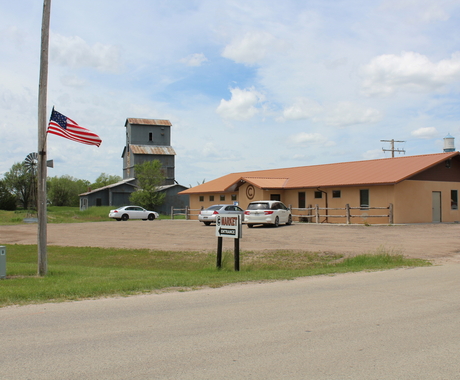By Eric Galatas, Nebraska News Service
With the 2019 legislative session just around the corner, champions of Nebraska's Beginning Farmer Tax Credit are hoping to leverage the program's success to open more land to military veterans.
Created in 2001, the program offers both landowners and new farmers tax incentives and mentorships with experienced farmers during critical start-up phases. Jordan Rasmussen, policy manager with the Center for Rural Affairs, said bringing new, younger people into farming has created positive ripple effects across the state.
"The Beginning Farmer Tax Credit has helped bring those new folks into the community,” Rasmussen said. “Those are folks that are living in our communities, they're sending their children to schools. So they have a broad-reaching impact when that one farmer comes into the fold."
Since the program's inception, more than 1,400 new farmers have connected with some 1,800 property owners, and paid nearly $79 million in rent. Rasmussen said a new bill encouraging veterans to try their hand at farming and ranching would increase incentives for property owners by 1 percent if they agree to rent land or other assets to qualified applicants.
Rasmussen noted the original program has helped counter the consolidation of family farms and, by connecting retiring farmers with newcomers, also has helped make Nebraska's farmer population the youngest in the nation. She said she hopes lawmakers will see the value in helping veterans transition back into communities.
"It's important that constituents engage with their state senators and let them know how these programs make a difference in their lives, how it has changed their ability to be able to get into farming,” she said.
Between 2007 and 2012, the number of farms in Nebraska increased by 5 percent, while the number of new farmers jumped by 10 percent. Rasmussen said the program also has been an effective economic stimulus. In 2016, every dollar in tax credits paid to property owners generated more than $8 paid in rent by beginning farmers.





